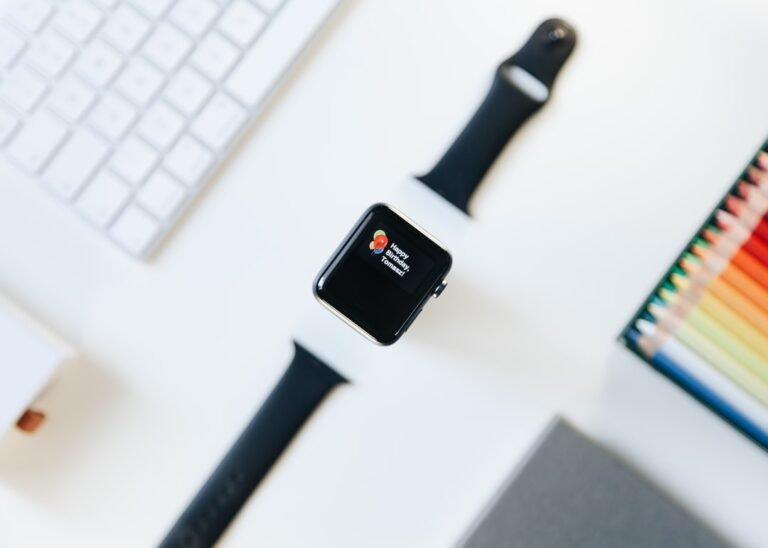Introduction
In recent years, Iran has tightened its grip on internet censorship, making it increasingly difficult for its citizens to access blocked websites and communicate freely online. However, there is a solution that can help you bypass these restrictions and stay anonymous while browsing the internet in Iran a VPN (Virtual Private Network). In this article, we will discuss the importance of using a VPN in Iran, its benefits, and provide you with valuable tips to use it effectively.
Why Use a VPN in Iran?
Iran’s strict censorship policies have led to the blocking of numerous websites and apps, limiting access to information, social media platforms, and communication tools. By using a VPN for Iran, users can overcome these obstacles and regain their online freedom. Here are some reasons why using a VPN is essential in Iran:
Bypassing Censorship: A VPN allows you to bypass government censorship and access blocked websites and services. It encrypts your internet traffic and routes it through a server located in a different country, making it appear as if you’re browsing from that location.
Secure Online Communication: VPNs provide encryption, which ensures that your online activities, messages, and personal information remain private and secure. This is especially important in a country like Iran, where surveillance is prevalent.
Access to Blocked Content: With a VPN, you can access content that is otherwise blocked in Iran. This includes streaming services, news websites, social media platforms, and even VoIP apps like Skype and WhatsApp.
- Anonymous Browsing: By masking your IP address and encrypting your internet connection, a VPN allows you to browse the internet anonymously. This protects your identity and prevents government agencies or hackers from tracking your online activities.
How to Effectively Use a VPN in Iran
Using a VPN in Iran requires specific considerations to ensure optimal performance and security. Follow these tips to use your VPN effectively:
1. Choose a Reliable VPN Provider
Selecting a reputable and reliable VPN provider is crucial for a worry-free browsing experience. Look for a VPN that has robust security features, a large server network, and a strict no-logs policy. This ensures that your data will not be stored or shared with third parties.
2. Check VPN Protocol Support
Make sure the VPN you choose supports VPN protocols such as OpenVPN, IKEv2, or WireGuard. These protocols offer enhanced security and faster speeds compared to outdated protocols like PPTP.
3. Enable DNS Leak Protection
DNS leaks can compromise your online privacy, even when using a VPN. Ensure that your VPN provider offers DNS leak protection, preventing your true IP address from being exposed.
4. Connect to the Nearest Server
To obtain the best speeds and reduce latency, connect to a VPN server that is geographically close to your location. This will optimize your browsing experience and minimize any potential slowdowns.
5. Regularly Update Your VPN Software
Keep your VPN software up to date to ensure that you have the latest security features and bug fixes. VPN providers regularly release updates to enhance their services and protect against emerging threats.
6. Test Your VPN Connection
Before browsing sensitive websites or engaging in secure communication, it’s essential to test your VPN connection to ensure that it’s working correctly. Use online tools to check for IP and DNS leaks, ensuring that your VPN is providing the intended protection.
7. Avoid Free VPN Services
While free VPN services may seem tempting, they often come with limitations and questionable privacy practices. Paid VPN providers offer better security, faster speeds, and reliable customer support, making them a more reliable option in the long run.
Conclusion
Using a VPN in Iran is crucial for bypassing censorship, staying anonymous, and accessing blocked websites. By following the tips mentioned in this article, you can effectively use a VPN and ensure a safe and unrestricted browsing experience in Iran. Remember to choose a reputable VPN provider, regularly update your software, and test your connection for leaks. Stay informed and take control of your online freedom with a VPN.
FAQ
| Question | Answer |
|---|---|
| What is a VPN? | A VPN (Virtual Private Network) is a service that creates a secure, encrypted connection over the internet, allowing users to browse the internet anonymously and access blocked content. |
| Can I use any VPN in Iran? | While many VPNs work in Iran, the government has been actively blocking VPN services. Therefore, it is crucial to choose a VPN that can bypass these restrictions and provides strong encryption. |
| Is using a VPN in Iran legal? | The legality of using a VPN in Iran is a gray area. While there are no specific laws that prohibit VPN usage, the government has been cracking down on VPN services. It is essential to use a VPN discreetly to avoid any legal consequences. |
| Can a VPN completely protect my online privacy in Iran? | While a VPN provides encryption and anonymity, it is not a foolproof solution. Other security measures such as using HTTPS websites, strong passwords, and updated software are also essential to ensure maximum online privacy. |
| Is it possible for the Iranian government to track VPN usage? | The use of a reliable VPN with strong encryption makes it difficult for the Iranian government to track your online activities. However, it is essential to choose a VPN that has a strict no-logs policy for added peace of mind. |
Further Reading
| Title | URL |
|---|---|
| Amnesty International: Internet Censorship in Iran | https://www.amnesty.org/en/latest/news/2018/09/irans-deadly-freedom-crackdown-enters-new-phase-on-social-media/ |
| Freedom House: Iran Country Overview | https://freedomhouse.org/country/iran |
| Electronic Frontier Foundation: Surveillance and Censorship | https://www.eff.org/issues/surveillance-and-censorship/iran |
| Reporters Without Borders: Iran | https://rsf.org/en/iran |




